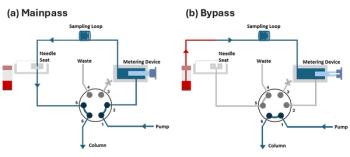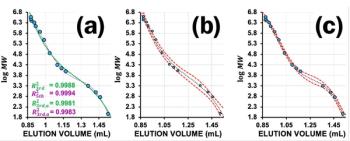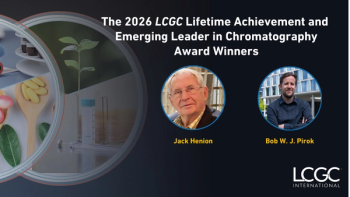
The Biemann Medal Lecture
The 2018 recipient of the Biemann Medal is Benjamin A. Garcia for his contributions to elucidation of the “histone code,” the set of posttranslational modifications (PTMs) to histone proteins that are thought to regulate gene expression. His lecture will be given at 4:45 pm in Hall D, at the ground level.
The 2018 recipient of the Biemann Medal is Benjamin A. Garcia for his contributions to elucidation of the “histone code,” the set of posttranslational modifications (PTMs) to histone proteins that are thought to regulate gene expression. His lecture will be given at 4:45 pm in Hall D, at the ground level.
Garcia is the presidential professor of Biochemistry and Biophysics at the University of Pennsylvania Perelman School of Medicine. He has pioneered high-throughput “bottom-up” proteomic methods for detection of histone PTMs and quantitative comparison of multiple cellular states, and “middle down” proteomic approaches that facilitate computation of specific combinatorial histone proteoforms. These methods have made unique impact in chromatin biology and epigenetics research, and have been fully embraced by a growing number of research groups from all over the world.
The Garcia laboratory has developed experimental and computational methods to detect novel histone PTMs, quantify their relative abundances, monitor in vivo histone PTM dynamics, and characterize distinct histone PTMs on specific genome locations.
The Biemann Medal is awarded to an individual early in his or her career in recognition of significant achievement in basic or applied mass spectrometry. It was established by contributions from students, postdoctoral associates, and friends to honor Professor Klaus Biemann.
Newsletter
Join the global community of analytical scientists who trust LCGC for insights on the latest techniques, trends, and expert solutions in chromatography.




